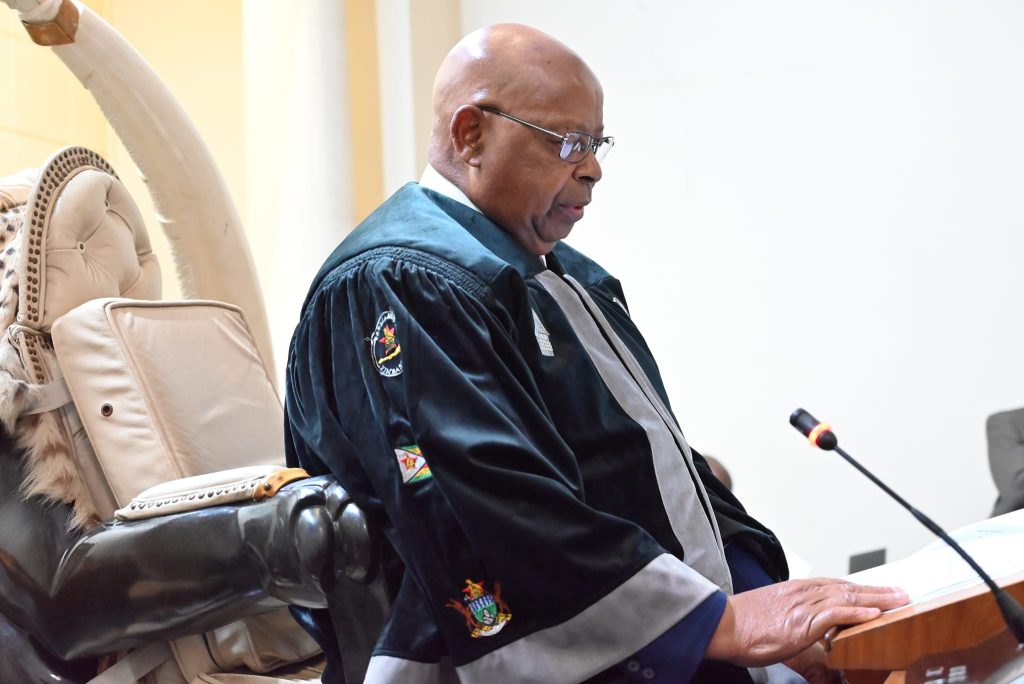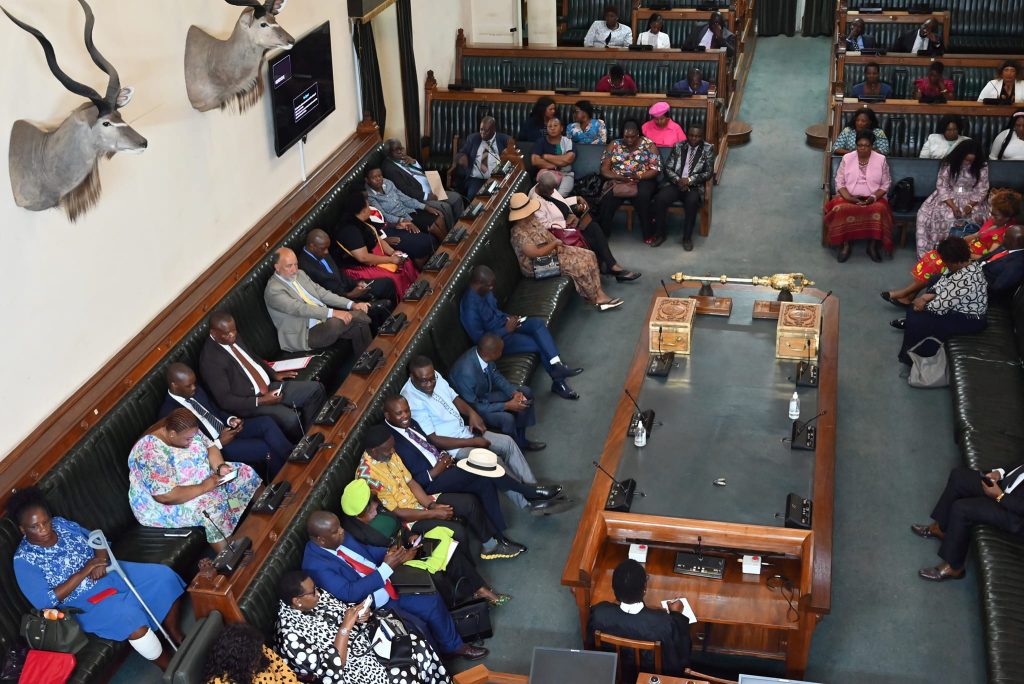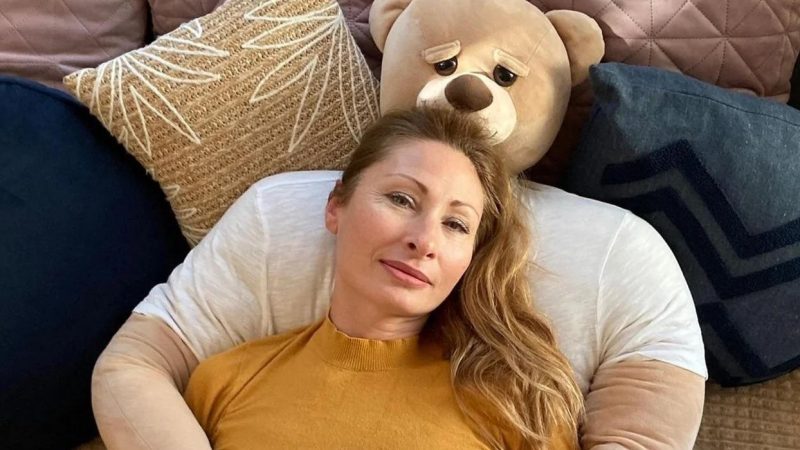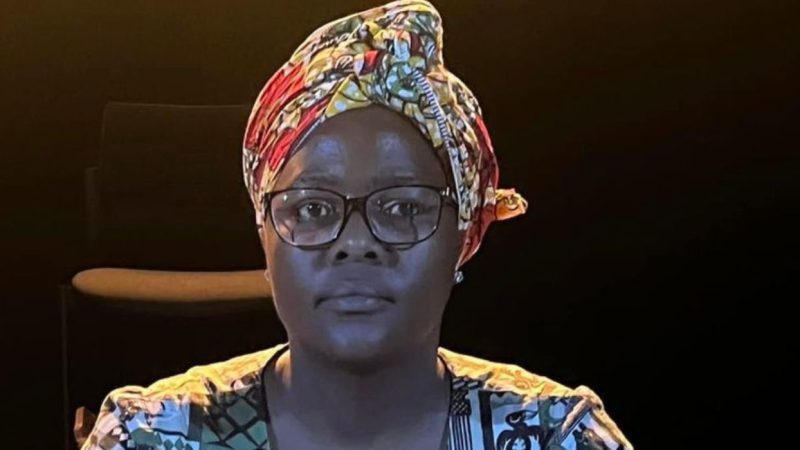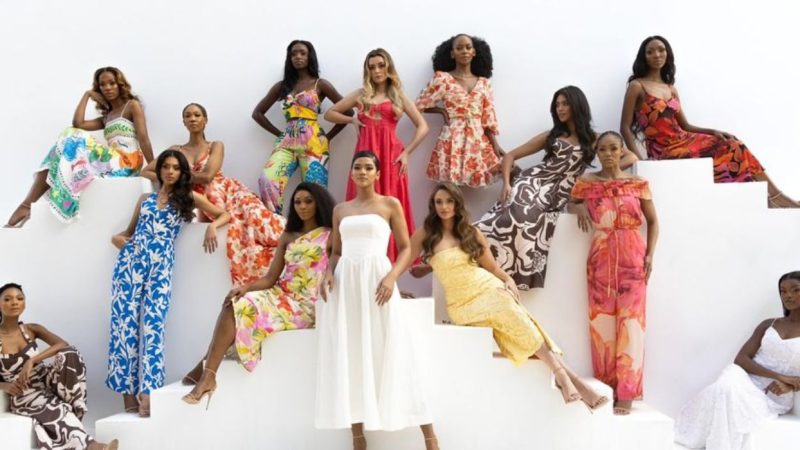ZIM: Youthful politicians to occupy space in Parliament and Council
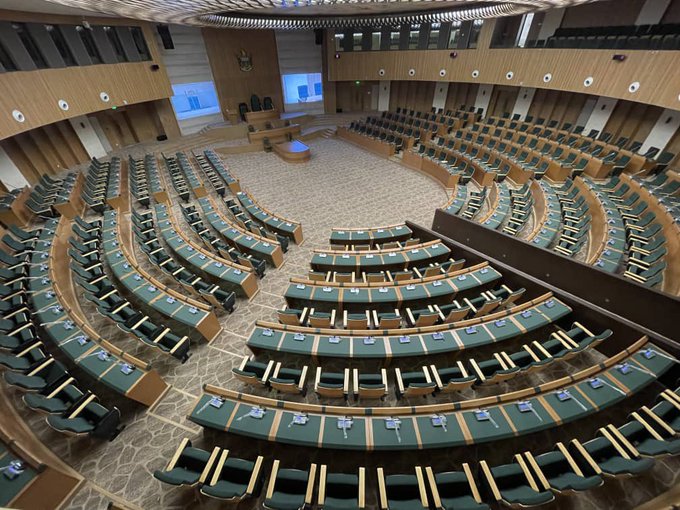
It has long been said that youths are the future of tomorrow. However, if they are not given the opportunity to lead while they are still considered youths, the promise made to them is diminished and new leaders will take their place.
At the continental level, African leaders have become increasingly cognizant of the fact that Africa is the world’s foremost destination for young people, with an estimated 200 million individuals aged between 15 and 24 residing within the continent.
After the August 23-24, 2023 harmonized general elections, many are questioning whether Zimbabwe’s parliament will be the first ever since independence to be defined as a youthful legislature, or if it will be dominated by young people.
In the 2018 elections, young people were identified as key decision-makers in determining who would be elected to the House of Parliament as a Member of Parliament. Studies have revealed that a significant portion of the electorate in 2018 were youth who largely ran as independent candidates for both Member of Parliament and Local Authority seats.
Unfortunately, despite this high level of youth engagement, none of the Independent Candidates were successful in being elected to either of these positions. The dominating political parties by then were the ruling Zanu PF party and the former main opposition party MDC Alliance. The two parties combined received the majority of votes both in local authorities and members of Parliament votes.
Five years later, some of the former Independent candidates joined the major political parties and were elected to represent them in the recent harmonized elections.
Despite the majority of Zimbabwe’s youth leaving the country between 2018 and 2023 to seek work in the UK, South Africa, and Zambia, the August 2023 general election still saw a main battle between Zanu PF and the newly formed opposition party CCC.
The recently announced results of the harmonized general elections for members of Parliament and Local Authority have answered the question of whether youths who joined the two political parties would make it into parliament. A number of young people who ran under ZANU PF, CCC and ZAPU party won Parliament and Local Authority Council seats.
The ruling party ZANU PF won the majority of seats in Parliament and failed to obtain the two-thirds majority in Parliament which permits political parties to change some clauses of the constitution such as the president’s term.
The youths from the ruling party who were voted in as incoming Members of the next Parliament include Tafadzwa Mugwadi, the Director of Information and Publicity at Zanu PF, who is under the age of 36, and Tatenda Mavetera, who was elected to the Seke Chikomba constituency. A notable example for the CCC political party is Pashor Raphael Sibanda, a 28-year-old MP-elect for Cowdray Park, who made history in his contest against the outgoing Minister of Finance and former African Development Bank Vice President, Mthuli Ncube, in the newly established Cowdray Park Constituency.
Hon MP Elect Sibanda was announced as the winner, obtaining more votes than the Minister. Other youthful MPs elected as Triple C Members of Parliament include Ostallos Siziba, Fadzayi Mahere, Johanna Mamombe, and Descent Bajila. Richard Jnr Tsvangirai is the son of the late, former Prime Minister Morgan Richard Tsvangirai.
History was made in the local authority results when 30-year-old Councillor Siyabonga Ndlovu, elected for Ward 17 in Matobo, became the first ZAPU candidate to win a seat as Councillor in over three decades. In Bulawayo Metropolitan, the youngest councillor elect is 27-year-old Bruce Mmeli Moyo. Joining him in the chambers of Bulawayo’s City Council is another youthful politician, Ward 1 Councillor Shepherd Sithole.
According to the African Union Charter, youth are defined as people aged between 15 and 35, while the United Nations defines youth as those between 15 and 24. Nonetheless, in African society, youth are often considered to be people aged between 15 and 45.
The introduction of the youth quota system has led to the election of more young people to Parliament in the 2023 general elections, but is this youth representation enough? Furthermore, what about gender balance representation? Will it be equitable to have more young male politicians occupying the public space? These issues remain to be addressed in order to ensure that young people are given a fair chance to be represented in government.
